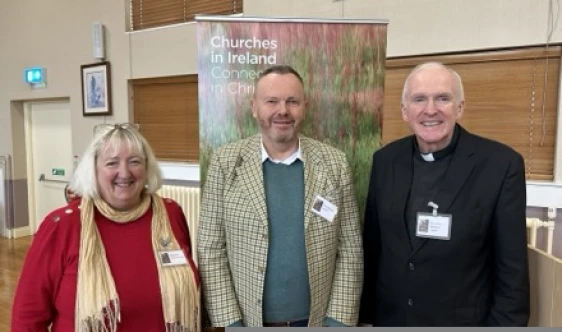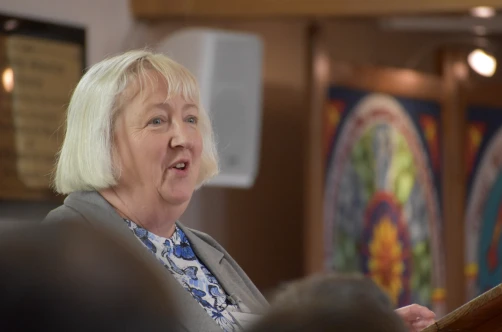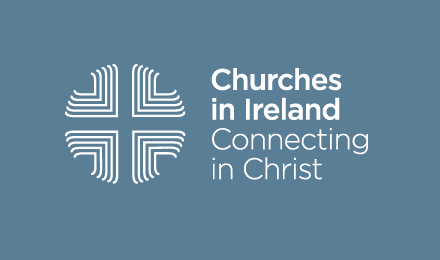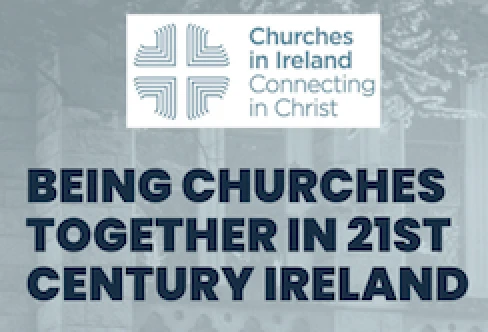
In this article, Dr Anne Francis shares key findings from her study on the theme of Women in Ministry in Ireland. The full report can be accessed here. Details of an opportunity to participate in the next phase of this research are available in our events section.
It is a rare thing to occasionally do what you want. Having left my full–time role in Cambridge I decided to pursue a research project to explore the experience of women in ministry in Ireland and record their perspectives and concerns. This study is a result of my engagement with these women in the four corners of Ireland.
Although the ministry of women has been seen as controversial in the Christian churches female ministers are a little researched group. Whatever their personal gifts, calling or ambitions they minister at a time when their role is contested in ways which that of their male colleagues is not. Women occupy a wide variety of church roles in ordained, social, pastoral, educational, spiritual and many other spheres.
The Women in Ministry in Ireland Project investigates the experience of women who minister in Ireland, across the Christian denominations. It focuses on the experience of women whose main life choice is Christian ministry. The key research question is what is your experience as a female minister at this time?
The project has two initial phases: a questionnaire followed by a series of interviews. The interviews fall into two categories. Thirteen were anonymous interviews with practitioners, and the remaining five were with women, also practitioners, who for various reasons had found themselves in the headlines of women’s ministry. A total of twenty–nine women participated from several Christian denominations and one church which does not affiliate to a denomination. For the purpose of this initial report the data from all these interviews is taken together. The current report comes at the completion of these two phases.
A third phase, to take place in the spring, will involve a gathering of female ministers who will discuss the findings. In the final publication these findings and the fruits of this discussion and the five interviews will be presented in full.
Key Findings
The participants of this study love their ministry. They express high levels of happiness and satisfaction in their roles using words like ‘joy,’ ‘privilege,’ and ‘blessed.’ They do not see their gender as the main factor in their ministry but acknowledge a gendered context for their work due to theology; tradition and sometimes misogyny. A significant minority report that this has not negatively impacted their ministry and others report varying levels of discrimination and diminishment. A key area of challenge is how women are perceived rather than how and who they are. In short, they would like to be ministers rather than ‘lady’ ministers.
They describe their profound experiences of being called by God, and of being sustained by prayer and spiritual practice. They appreciate the support of their colleagues, families and friends and speak of their work with sincerity, gratitude and good humour. They express needs for ongoing formation; courtesy and respect from men in their own and other traditions; access to leadership roles; consideration of family issues and, in some cases, security of employment and remuneration.
Denomination is important to these ministers and the perspective of their denomination regarding the ministry of women is a key factor in their experience of ministry. Where structures offer equal access to all ministries women are most fulfilled. Most find greater challenges where ministries are restricted and structures do not accommodate female ministers. Across the churches women feel that they have inherited a ‘male model’ of ministry which they are expected to accommodate. They would like to see expanded models of ministry to reflect their gifts and realities and many feel that this may be met with resistance in church cultures.
This study contributes colourful and often moving insights into the experience and perspectives of female ministers; how they bring their varied personal qualities to their work, and how their contexts affect their flourishing. It also raises questions which indicate further exploration in other areas such as whether ministry needs to be gendered and how the contribution of female ministers is already changing inherited models of ministry; what provisions churches might make if they were committed to the flourishing of women in ministry, and how the Christian churches could learn from one another in the area of formation and support of ministers.
These are the words of two ministers who spoke about their hopes for the future:
My hopes would still be the same. To be the best preacher I can, to be the best pastor I can; to be the best evangelist I can. That I shine the light of Christ into the dark corners of people’s daily lives (and my own life) and that it helps to make a difference to the quality of their experiences and ever ripples outwards…
My very sincere thanks to all who have participated in this study and the church representatives who have kindly provided statistics and contextual information.
Dr Anne Francis is a pastoral theologian and practitioner, and independent researcher. She is a tutor at the Cambridge Theological Federation and visiting lecturer and supervisor at the Margaret Beaufort Institute of Theology. She has worked in Christian ministry for over thirty years in the Roman Catholic tradition. She lives in Co Cork where she works in pastoral consultancy and formation. She is married with three adult children.





